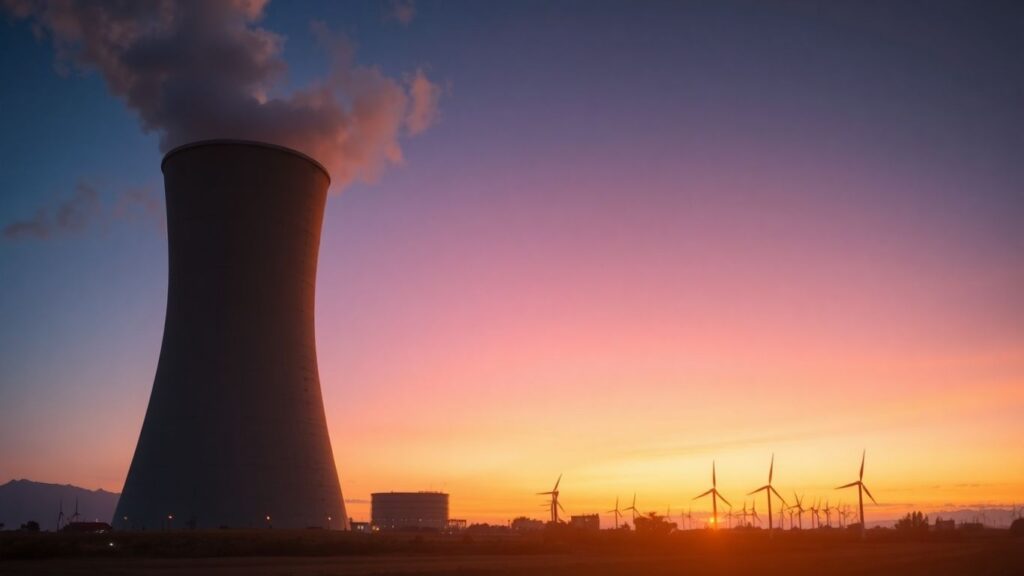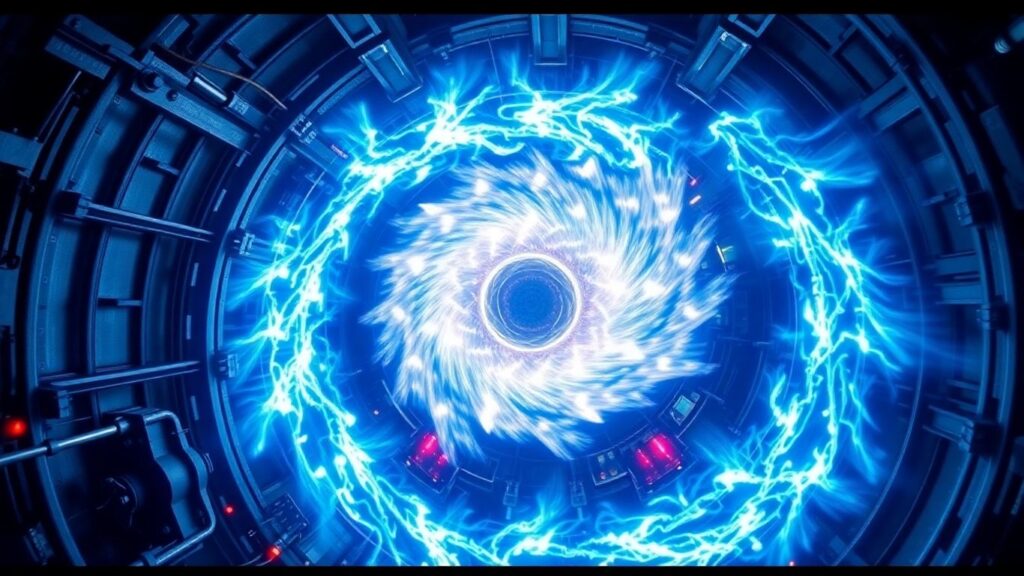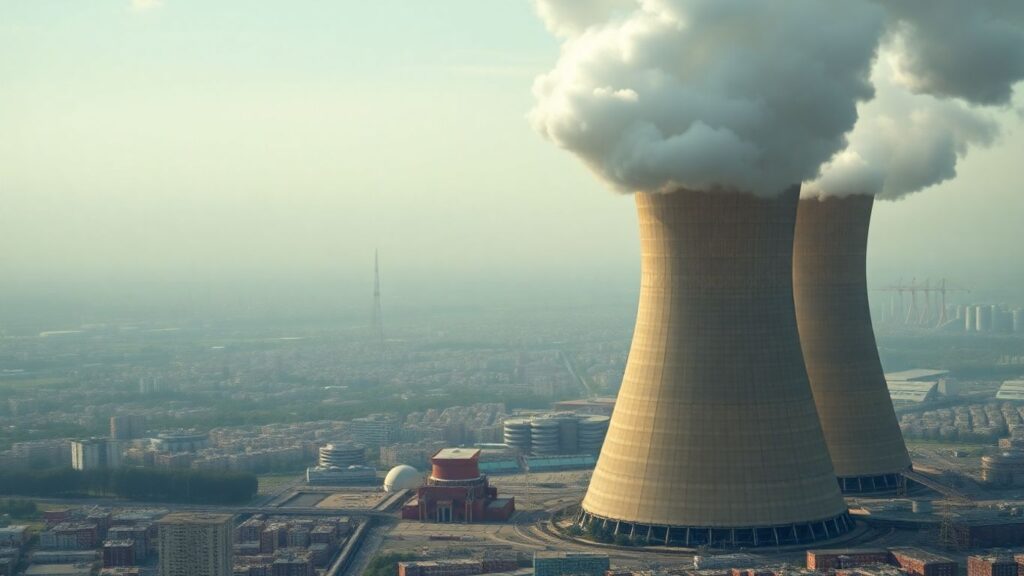Utah Governor Spencer Cox’s administration is launching a $1.8 million public relations campaign to build support for nuclear energy, as the state pursues ambitious plans to ramp up nuclear production over the next decade. The initiative comes amid mixed public feelings and controversial nuclear history in Utah.
Key Takeaways
- Utah will spend $1.8 million on a campaign to increase public support for nuclear energy.
- The campaign is part of "Operation Gigawatt," aiming to double the state’s energy output within ten years.
- Public opinion in Utah about nuclear power remains divided, shaped by past nuclear fallout and ongoing uranium mining concerns.
State Pushes for Nuclear Energy Expansion
Earlier this year, lawmakers allocated $10 million toward Operation Gigawatt—a comprehensive strategy to boost Utah’s energy production. As part of this push, the Office of Energy Development solicited proposals for a public relations firm to lead a “Nuclear Education and Public Support” campaign. The campaign could last up to 18 months and will feature Governor Cox as a key spokesperson across TV, radio, and online ads.
All 29 Utah counties are slated to host in-person educational events, while industry stakeholders and community leaders will be invited to private gatherings. The state aims to educate the public on the differences between nuclear energy and weapons, and to demonstrate nuclear’s potential for meeting economic and environmental objectives.
Responding to Public Concerns and Past Trauma
Utah has a complicated nuclear legacy. Widespread radioactive fallout from 20th-century weapons testing left lasting scars, especially in the state’s southwest, where many residents developed health issues. The southeast remains a center for uranium mining, fueling concerns about the industry’s safety and environmental impact.
Recent polling suggests fewer than half of Utahns currently support building new small nuclear reactors, with the remainder either uncertain or opposed. The campaign intends to increase both public understanding and acceptance, particularly in rural and urban regions identified as most concerned about nuclear-related issues.
New Nuclear Partnerships on the Horizon
Utah is already engaging with several nuclear startups. Agreements with companies like Valar Atomics, NuCube Energy, Hi Tech Solutions LLC, and Holtec International could result in new small modular reactors and even local fabrication of nuclear fuel. These partnerships signal a major shift in Utah’s energy direction, with advanced nuclear technology poised to play a starring role.
Critics Question One-Sided Messaging
While state officials emphasize the need for education and two-way conversations, some experts worry the focus is more on persuasion than genuine engagement. Critics argue the campaign frames nuclear energy as an unquestioned solution, potentially limiting space for debate about whether it’s truly the best option for Utah’s energy future.
The Road Ahead
Utah’s move to invest in nuclear energy and in shaping public opinion highlights broader tensions in the transition toward new energy sources. As the educational campaign unfolds, the state’s approach and public reception will help determine whether nuclear power becomes a centerpiece of Utah’s energy strategy in the coming years.
Sources
- Cox to spend $1.8M on public relations campaign, The Salt Lake Tribune.












